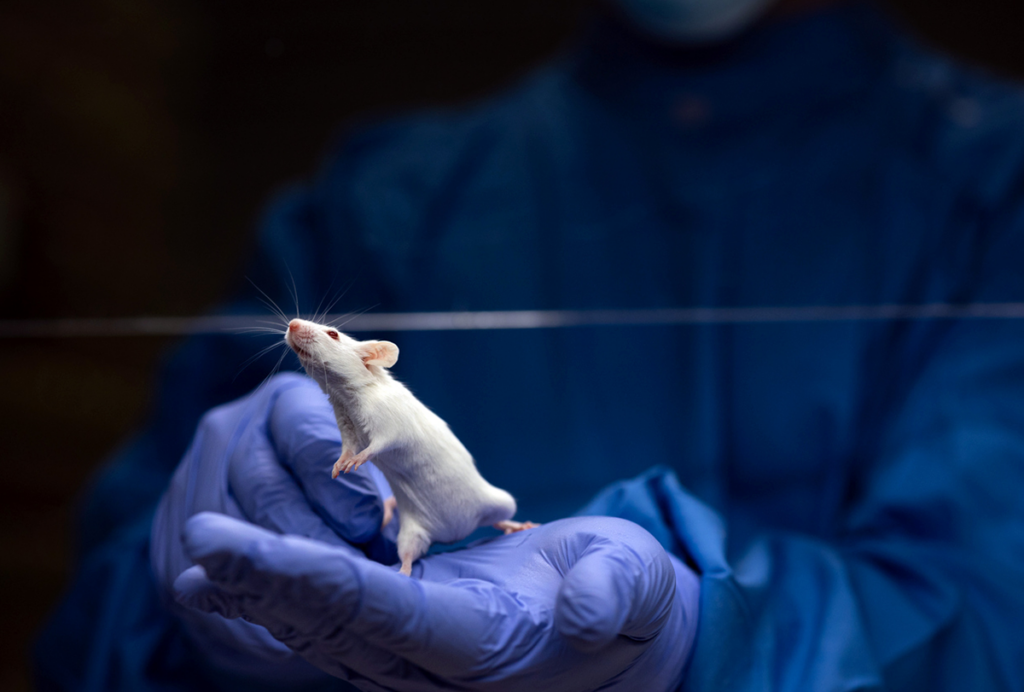Reversing autism-related disorders
Research on mouse models published in the past year is paving the way to reversing the symptoms of some autism-related disorders, National Institute Health directors told a packed room of 80 reporters at the morning at the Society for Neuroscience conference.
Research on mouse models published in the past year is paving the way to reversing the symptoms of some autism-related disorders, National Institutes of Health directors told a packed room of 80 reporters yesterday morning at the Society for Neuroscience conference.
Researchers have in particular had success with treating tuberous sclerosis complex (TSC), a rare genetic disorder associated with epilepsy and autism, and with fragile X syndrome, the most common cause of autism.
Alcino Silva, a researcher at the University of California, Los Angeles, has shown that the drug rapamycin reverses learning and memory problems associated with TSC in a mouse model of the disease.
Last year, Mark Baer and his colleagues at the Massachusetts Institute of Technology also showed that dampening the activity of a glutamate receptor called mGluR5 reverses symptoms of fragile X syndrome in mice.
“These are diseases that we thought the damage was irrevocable,” said Story Landis, director of the National Institute of Neurological Disorders and Stroke. “[This] work made it clear that it may be quite possible to intervene pharmacologically or genetically, and have a significant effect on the development of these kids.”
Two other research areas, epigenetics and stem cell therapies, are expected to play increasingly important roles in the study of autism-related disorders.
“I canʼt emphasize enough how exciting [epigenetics] is,” said Thomas Insel, director of the National Institute of Mental Health. “Thatʼs probably the hot thing for 2008.”
For all reports from the Society for Neuroscience annual meeting, click here.
Recommended reading

New organoid atlas unveils four neurodevelopmental signatures

Glutamate receptors, mRNA transcripts and SYNGAP1; and more

Among brain changes studied in autism, spotlight shifts to subcortex
Explore more from The Transmitter

Psychedelics research in rodents has a behavior problem
Can neuroscientists decode memories solely from a map of synaptic connections?
